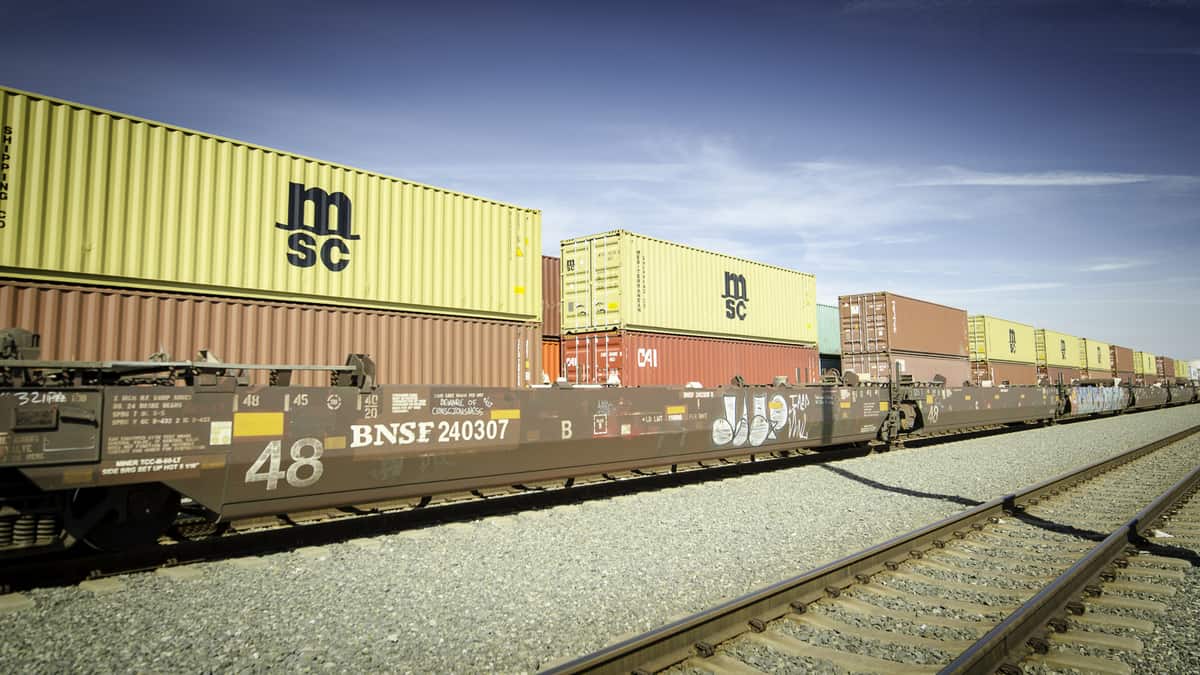Volumes last week were helped by a Fourth of July on Saturday, which meant the holiday’s negative impact to freight was muted compared to the prior year. Intermodal volumes would not have been positive y/y without that effect, in our view, but a holistic view of the data confirms that train assets are being utilized more intensively across Class I networks.
First, container availability issues are still driving higher-than-normal rejections in Savannah, Georgia. Second, and more broadly, dwell times are lengthening and average train velocities are slowing, indicating that yes, demand for transportation is increasing relative to the capacity and power on the tracks.
Apart from a few outliers like Union Pacific and Canadian National, most Class I’s are providing their best service in years. We do think that falling intermodal train speeds may eventually make a difference on long haul lanes — a 5 mph average difference from Los Angeles to Chicago will lengthen the trip by 10 hours — but we aren’t there yet.
After the holiday, there are important markets in multiple regions of the country where trucking capacity has tightened rather than loosened. At this point, we believe that dynamics in the trucking market have the potential to drive intermodal volumes and rates, so we’re monitoring the modal interplay closely.
Members Only
You have selected content that's only available to members of FreightWaves Passport. As a member, you gain immediate access to the most in-depth and informative freight research available. It's your gateway to continuing education.
Members also get:
- Access to exclusive community dedicated to discussing the most important challenges facing freight.
- Monthly and Quarterly Freight Market reports keeping you informed of industry trends.
- Much, much more!
Click below to learn more and sign up today!
Subscribe
Existing Passport subscribers may log in using the form below.






